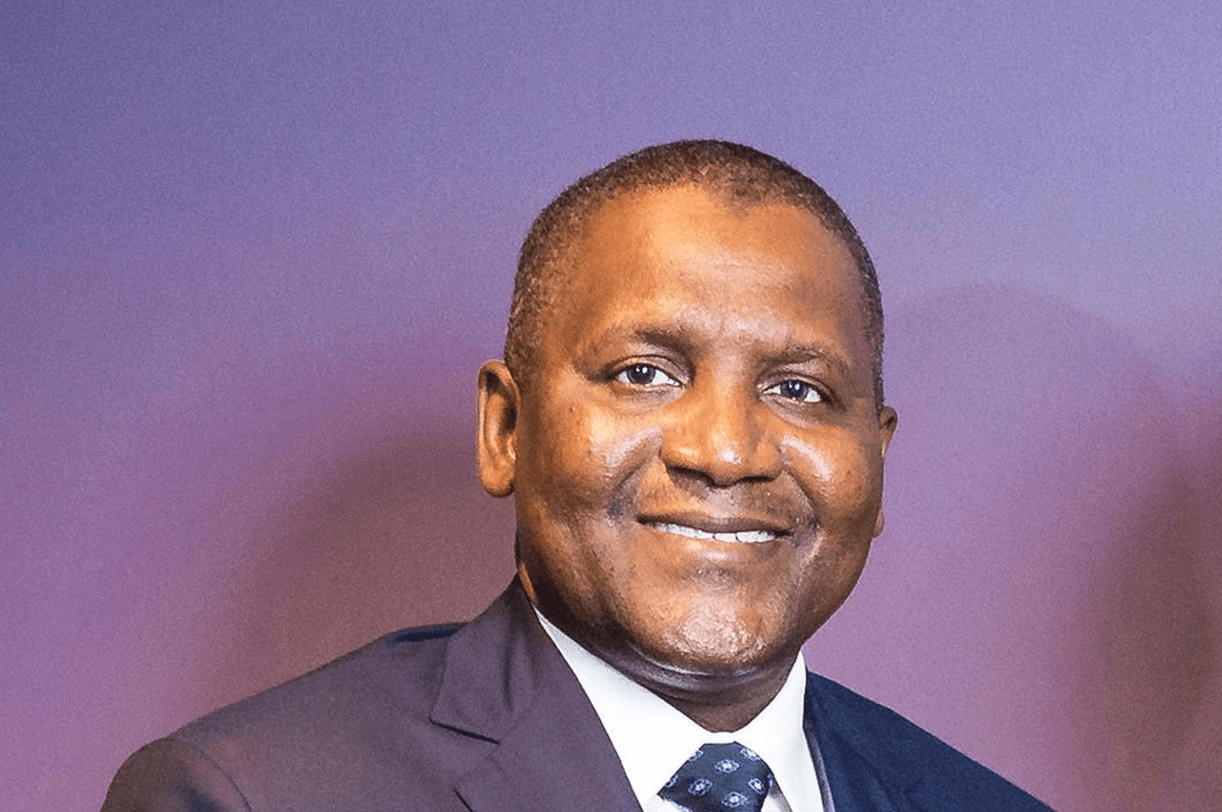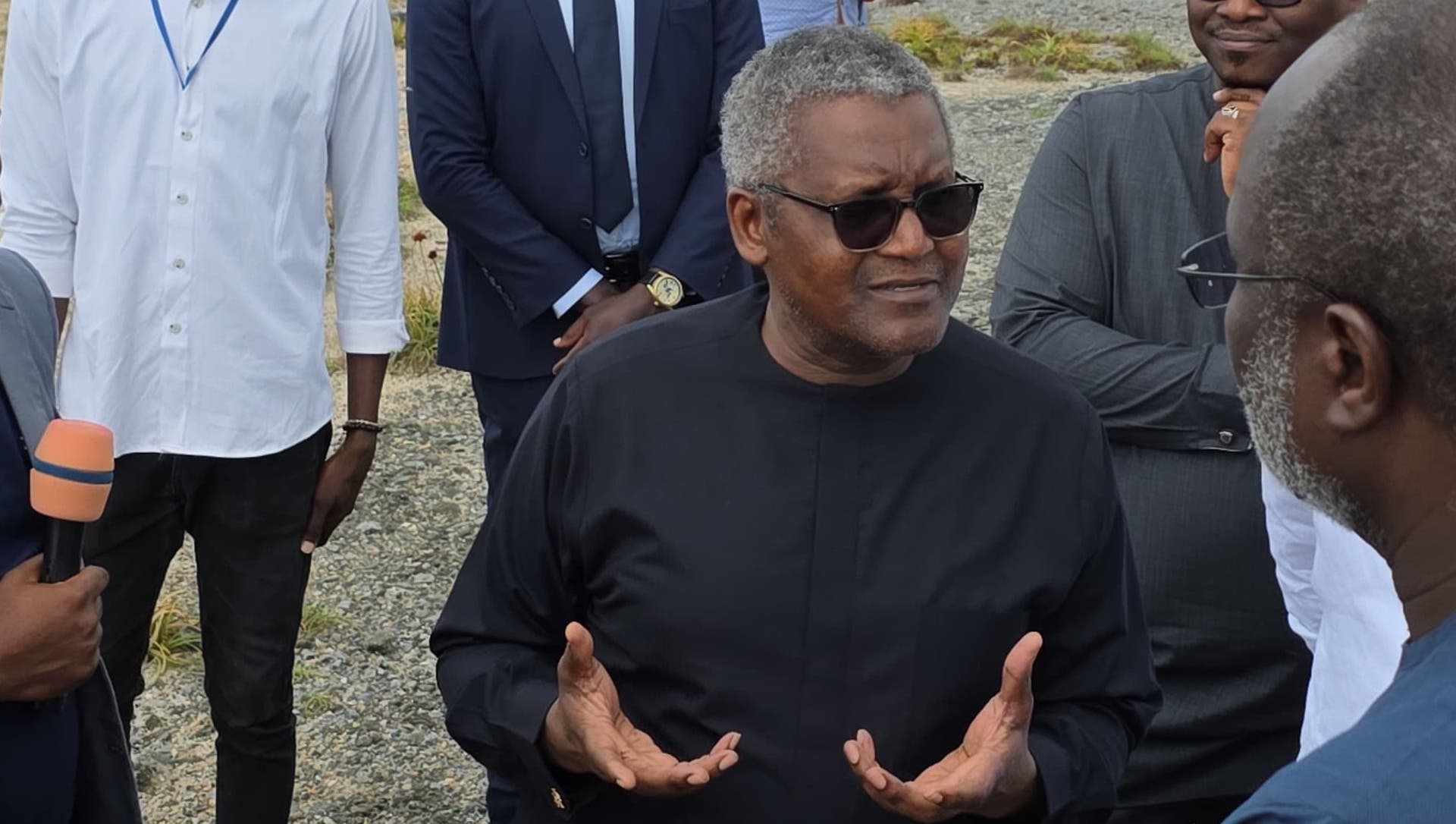•Orji says Africa contributes least to emissions, should not bear heaviest costs
Emmanuel Addeh in Abuja
The Nigeria Extractive Industries Transparency Initiative (NEITI) yesterday received the interim report it commissioned to explore the likely impact of the global energy transition on Nigeria’s economy.
Speaking at a ‘’Civil Society Organisations and Media Roundtable on Building a Framework for Engagement on Energy Transition Costs and Impact for Non-state Actors’’, the Executive Secretary of NEITI, Dr Ogbonnaya Orji, explained that the global shift from fossil fuels to renewables is reshaping economies and societies everywhere.
For Nigeria, he stated that the transition is not optional as it will challenge fiscal planning and revenue base, impact jobs, infrastructure, and host communities as well as deepen energy poverty if not properly managed.
Orji added that, yet, the transition also provides an opening for innovation, diversification, and a repositioned economy, describing it as an urgent national necessity.
“We must confront the transition with evidence, foresight, and strategy. That is why, under the leadership of the National Stakeholders Working Group (NSWG) and with support from the Ford Foundation, we commissioned this research.
“This study is not taking place in isolation. It is firmly anchored in NEITI’s Policy on climate change, energy transition and environmental accountability, which we developed together with our civil society partners,” he stated.
According to him, the policy commits NEITI to integrate climate and energy transition disclosures into EITI reporting; track emissions, stranded assets, and energy access gaps and hold government and companies accountable for environmental justice and just transition commitments.
For the study to have real impact, each stakeholder, including the media and the civil ociety, Orji said, must play their part.
As members of the NSWG, the policy anchors, he stated that NEITI’s climate and transition agenda remains integrated with EITI reporting. For non-state actors; innovators and bridge builders, he stated that the academia should enrich the study with fresh data and analysis, while industry players should innovate in balancing profitability with sustainability.
“Nigeria, like many resource dependent nations, is both vulnerable and disadvantaged in this transition. We must join forces with other countries to demand equal access to global climate finance to fund transition investments; technology transfer and capacity support to enable renewable adoption. Climate and environmental justice, recognising that Africa, which contributed the least to emissions, should not bear the heaviest costs,” he added.
He stated that the data has been gathered, preliminary findings are on the table, while the task now is to sharpen, validate, and most importantly act, assuring that the study when completed will not sit on shelves.
“The energy transition is upon us. Whether it is just, fair, and beneficial to Nigerians depends on the choices we make today and this study is a compass to navigate this journey. As Executive Secretary of NEITI, I reaffirm our unwavering commitment to transparency, accountability, and environmental responsibility in this journey,” Orji said.
Also speaking, the Alternate Chairman, NSWG, Ambassador Matthew Adole, expressed the deep appreciation of the Group of NEITI and the civil society constituency for the immense contributions they made to ensure the effective implementation of the global standard for extractive industry transparency in Nigeria.
“When we came on board, we immediately realised that this issue is top on our agenda, not just because it is recommended by the global EITI, but because this issue is critical to our survival as a country.
“The planned transition from fossil fuel particularly oil, gas, and coal to renewable energy poses significant risks to the economies of oil and gas-dependent economies like Nigeria. Nigeria depends largely on oil and gas not only for export and revenue but for its energy consumption.
“Recognising the need to deepen our knowledge about the transition, the NSWG wasted no time in approving the study, which we are convinced would facilitate engagement on the country’s transition policy and implementation.
“Even while the study was in progress, the NSWG proceeded to approve a framework for energy transition and climate accountability, which enabled us to commence implementation of disclosure practices in our annual industry audit.
“The engagement with civil society seeks to deepen knowledge about the scope and magnitude of energy transition impacts to enable actors to engage more effectively
with the energy transition policy design and implementation.
“We therefore seek quality input from you to ensure that this work reflects the experience, insights, and perspectives of all stakeholders who are involved in this programme,” Adole added.
The post NEITI Gets Interim Report on Impact of Energy Transition on Nigeria’s Economy appeared first on THISDAYLIVE.





